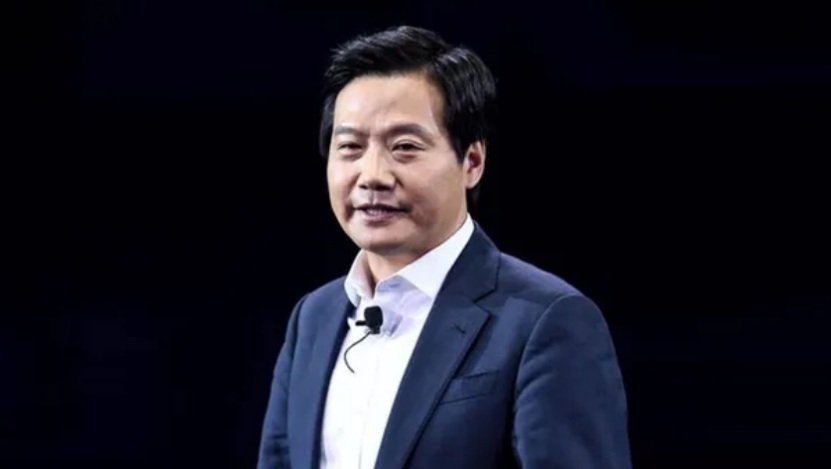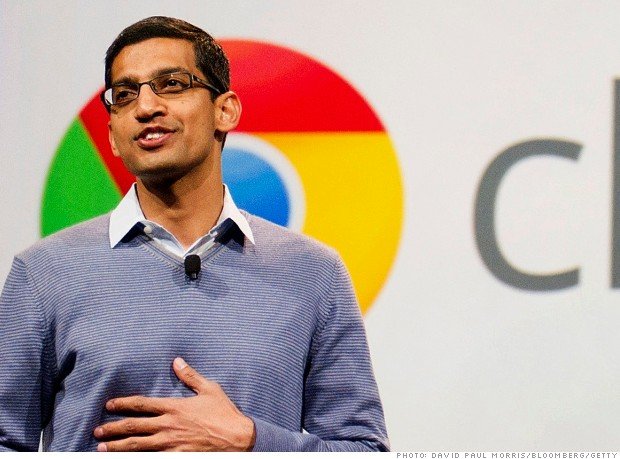Lei Jun, born on December 16, 1969 in China, is one of the co-founders of Xiaomi, a Chinese technology corporation. Jun is also the CEO of the brand and, since 2014, according to Forbes—the business-focused magazine—he has ranked among the top 300 billionaires worldwide.
This position among the world’s richest is not something that draws his attention. Jun has always avoided fame and the spotlight, deliberately downplaying his wealth. Focused more on cultural value, he has consistently emphasized the importance of his company rather than his own persona. Despite being a key figure in the tech scene, Jun’s identity often flies under the radar.
A restless beginning
Since childhood, Jun was never still—constantly trying, failing, and trying again until success eventually came. He studied electronic engineering in Wuhan, a Chinese city, and from a young age he was inspired by prominent entrepreneurs like Steve Jobs. This inspiration led him to start his own chip sales venture, though it didn’t prosper.
Through trial and error, Jun found a stable job that lasted several years while he envisioned new investments and projects. He joined the Chinese software provider Kingsoft, where he was so successful that in 1998 he became CEO after working through various positions.
At the age of 30, after taking over as CEO, Jun developed an online store called «Joyo», which was later sold to Amazon for $75 million. Joyo was the largest online store in China at the time, offering music, books, and videos, with three major storage centers in the country.
Creating Xiaomi
With funds at hand and time available after resigning from Kingsoft, Lei Jun set out to launch a new business in tech. What did he do? He reached out to former colleagues and collaborators to build a new project in China.
In 2010, alongside a former Google executive, he founded Xiaomi—a tech giant today that initially thrived on a clear strategy: lower prices and better quality than competitors, without aiming for massive sales volume. The success was immediate, leading to a sales boom.
The first products were smartphones, and their strategy focused on online sales—unlike competitors who relied on physical stores. These two pillars drove Xiaomi’s rapid growth. Just four years after entering the market, the company had reached an estimated value of nearly $50 million.
2014 was a turning point for Jun and his company. In just 12 hours, Xiaomi sold more than two million smartphones online, breaking the world record for the fastest online sales. As if that weren’t enough, the company also surpassed Samsung that year in smartphone sales volume.
International expansion
Lei Jun identified India and the United States as the next key markets after China, and these moves proved to be the launchpad for Xiaomi’s global expansion. Between 2014 and 2015, Jun opened an exclusive online store for the Indian market, and a year later, he did the same for the US and Europe—though the initial products there weren’t smartphones.
Today, Xiaomi ranks among the top three smartphone manufacturers in the world, alongside Samsung and Apple. From a young man inspired by Steve Jobs, Jun rose to stand among the greats of the tech industry.
“We want to be number one in everything,” he once stated. He currently holds a net worth of $45 million and is considered one of the most influential figures in the technology sector.
From smartphones to electric cars
Xiaomi continues to evolve and is not standing still in the tech world. The Chinese multinational is now betting on the automotive industry. Among the leading trends are electric vehicles, and Xiaomi seized the moment by launching its SU7 model.
Lei Jun’s strategy is clear and concise: lead through lower, more accessible prices than competitors. Personally, his approach remains unchanged. Those who know him say he keeps a low profile and that wealth hasn’t changed him at all. Lei Jun proves that true leadership comes through action and continuous improvement. He conquered the tech world—and now he’s aiming for the automotive industry.








